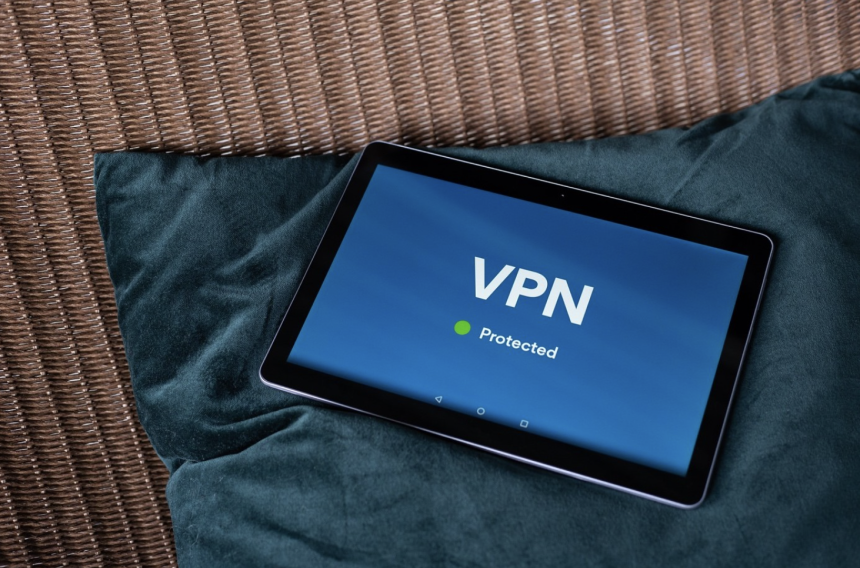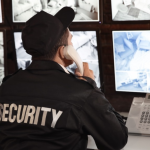The VPN industry is gaining popularity as people become concerned about third-party snooping and other online privacy violations. But for beginner users, learning how to use a VPN can be daunting. A VPN hides the user’s location and encrypts their data, which prevents websites, apps and social media services from tracking them. It also helps bypass internet censorship and bandwidth throttling by connecting to servers in other countries.
Getting Started
A VPN provides you with an extra layer of security. The VPN makes it impossible for hackers to collect critical data like passwords or credit card details by encrypting your data and hiding your IP address. It also prevents you from leaving online traces, which the police, government or advertisers can gather. It also helps you avoid doxing, in which private information is made public online, and DDoS attacks, in which a website or service is slowed down by multiple devices attacking it at once. Additionally, connecting to a VPN on your computer and mobile device helps you sidestep content blocks, usually based on your IP address. Knowing how to use VPN helps you avoid location-based price discrimination, in which retailers charge different prices to people worldwide. It also protects you from trolls who attack other gamers in multiplayer games.
In addition, a VPN allows you to play games on public Wi-Fi without worrying about your privacy. It also lets you access a larger library of games when you travel abroad, as you can connect to servers worldwide. Finally, it can help you maintain account access if you’re traveling to a country that blocks access to certain services. It’s important to note that while a VPN does a great job of hiding your activity from your ISP and other users on the same network, it doesn’t hide your activities from apps that require logins or cookies.
Using a VPN
With a VPN, your network traffic is routed through an encrypted tunnel by connecting your device to a server online. It means that if someone snoops on your connection, they’ll only see scrambled data that is meaningless to them. Using a VPN helps protect your privacy on public Wi-Fi networks since the private encryption keeps your browsing history, banking information, account passwords and other personal details safe from hackers and malicious online strangers. It can also prevent ISPs from tracking and selling your activity to third parties.
Another use for a VPN is to bypass geographic restrictions on websites, streaming media and other content. For instance, some video games are only available in certain regions. A VPN can help you access them from a different location by making it appear your device connects to the internet via a server in that country. However, a VPN does not work as a replacement for comprehensive anti-virus software. While a good VPN can help prevent your computer from falling victim to Trojans, viruses and other malware, it’s important to keep this protection active at all times for optimal security.
Choosing a VPN
A VPN is an important tool for anyone who needs to send or receive sensitive information over public Wi-Fi, travel or work from home and enjoy entertainment options like Netflix. However, not all VPNs are created equal. Some have been known to snoop on users’ data or have other security issues. Choosing a reliable VPN with top-notch security features and a large server network that offers fast speeds is essential. Choosing the right VPN can seem complicated, especially because so many different providers are on the market. The key is to determine your specific security and privacy needs and compare pricing options to find a provider that offers a package that meets those needs. Whether the VPN you choose has a no-logging policy is a crucial consideration. It ensures the company does not collect personal information about you or your online activities. Another important feature is a kill switch, which can automatically terminate any app or service that attempts to spy on you. It can protect you from hackers who would otherwise be able to get your personal information and sell it to advertisers. Additional features that might be useful include multi-hop connections, which transport your data through numerous servers for added security, and a stealth mode, which allows you to get around networks that ban VPNs.
Connecting to a VPN
If you’re traveling for work or want to enjoy a more private experience online while streaming a show on Netflix, a VPN is an easy and worthwhile addition to your device. Most users will discover that setting up a VPN requires a few taps and is straightforward. A VPN encrypts your data by linking your device to a distant server. It prevents snoopers (such as your internet service provider or any third parties that have access to your data) from being able to read your information. It also blocks sites from seeing your true geographic location.
It is particularly helpful when using public Wi-Fi and is a great way to prevent sensitive information from being transmitted over an insecure connection. However, VPNs need to be foolproof. If an app you’re using can detect that you are connected to a VPN, it might collect data on your usage habits and tailor in-app ads or content accordingly. Fortunately, most VPNs have options that allow you to connect to a specific server. It can ensure clarity about which VPN you are currently linking to, and it often provides a more reliable experience than trying to navigate a complex network of settings. A VPN won’t stop malware from entering your device, so using a comprehensive anti-virus program is still important.
Lynn Martelli is an editor at Readability. She received her MFA in Creative Writing from Antioch University and has worked as an editor for over 10 years. Lynn has edited a wide variety of books, including fiction, non-fiction, memoirs, and more. In her free time, Lynn enjoys reading, writing, and spending time with her family and friends.















